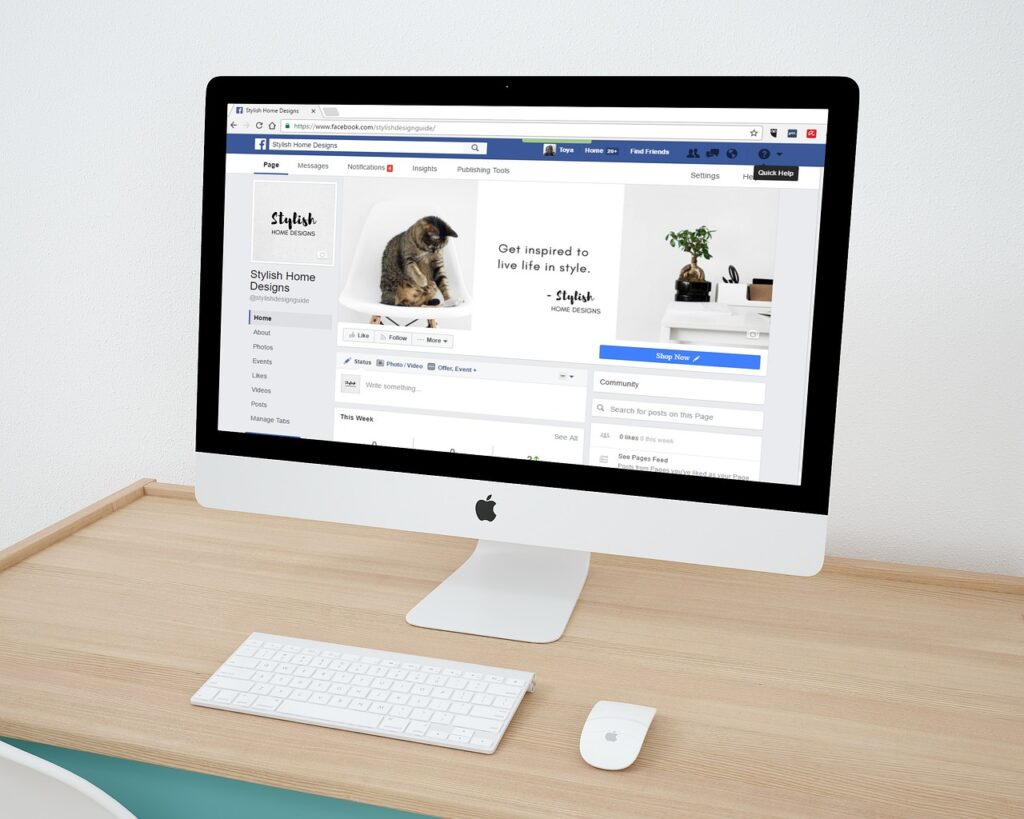Starting a WordPress website can be exciting, but it’s easy to make mistakes if you’re new to the platform. WordPress is a powerful tool, but without proper knowledge, beginners can often make errors that hinder their website’s performance and success. To help you avoid these common pitfalls, we’ve outlined five common WordPress mistakes beginners make and how you can avoid common WordPress Problems.
1. Not Choosing the Right Hosting Provider
Mistake: One of the first decisions you’ll make when setting up your WordPress site is choosing a hosting provider. Many beginners opt for cheap or unreliable hosting services, which can lead to slow website performance, downtime, and even security vulnerabilities.
How to Avoid It: Always choose a reputable hosting provider that specializes in WordPress hosting. Look for features like excellent customer support, fast loading speeds, reliable uptime, and enhanced security measures. Popular choices include Bluehost, SiteGround, and WP Engine, which are optimized for WordPress and offer excellent support.
Pro Tip: Consider upgrading to a VPS or managed WordPress hosting as your site grows for even better performance.
2. Using the Default WordPress Theme
Mistake: WordPress comes with a default theme, but it’s not ideal for a professional or unique website. Many beginners fail to change it and end up with a generic-looking site that doesn’t reflect their brand or goals.
How to Avoid It: Choose a theme that suits your site’s purpose, whether it’s a blog, business site, or e-commerce store. There are plenty of free and premium themes available in the WordPress theme repository or from third-party sites like ThemeForest. Make sure the theme is mobile-responsive, SEO-friendly, and regularly updated.
Pro Tip: Install a theme with customization options or a page builder like Elementor, which allows you to easily create custom layouts.
3. Ignoring Regular Backups
Mistake: Failing to back up your WordPress site is a risky mistake. If your site gets hacked, crashes, or experiences data loss, you could lose everything if you don’t have a backup.
How to Avoid It: Set up automatic backups for your website. Many hosting providers offer backup services, or you can use plugins like UpdraftPlus or BackupBuddy to schedule regular backups. Store backups both on your server and in cloud storage for extra security.
Pro Tip: Make sure you have both full website backups (files + database) and incremental backups (which only save changes) to save space.

4. Not Installing Important Security Plugins
Mistake: WordPress websites are often targeted by hackers due to their popularity. Beginners may overlook the importance of securing their website, leaving it vulnerable to attacks like brute-force logins, malware, and other security threats.
How to Avoid It: Install a security plugin like Wordfence or Sucuri to protect your site from common threats. These plugins offer features like firewall protection, login attempts monitoring, malware scanning, and more. Also, make sure to always use strong, unique passwords for your admin and user accounts.
Pro Tip: Enable two-factor authentication (2FA) for an extra layer of security on your login page.
5. Overloading Your Website with Plugins
Mistake: While plugins can add valuable functionality to your WordPress site, beginners often install too many unnecessary plugins. This can slow down your website and even cause compatibility issues between plugins, leading to errors.
How to Avoid It: Only install the essential plugins needed for your website’s functionality. Carefully review plugin reviews and ratings before installation, and avoid using multiple plugins that do the same thing (e.g., several SEO plugins). Regularly update your plugins and remove any that are outdated or unused.
Pro Tip: Use lightweight plugins that are well-optimized for performance, such as Yoast SEO for SEO and WP Rocket for caching.




